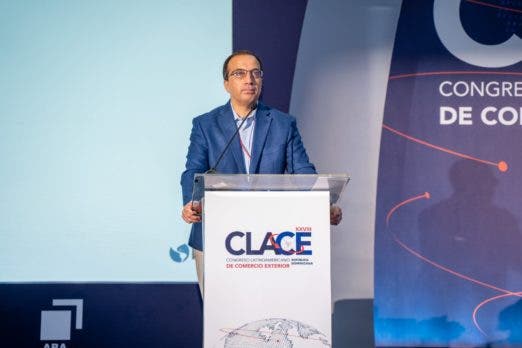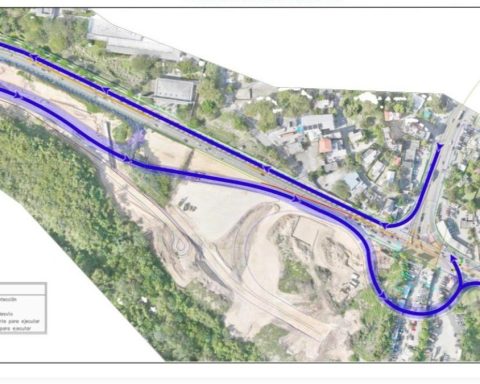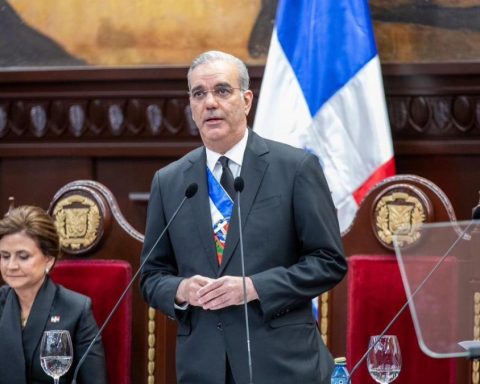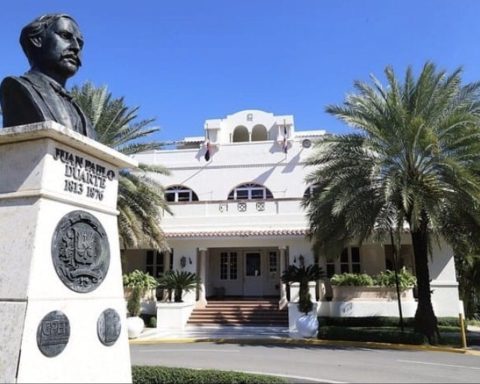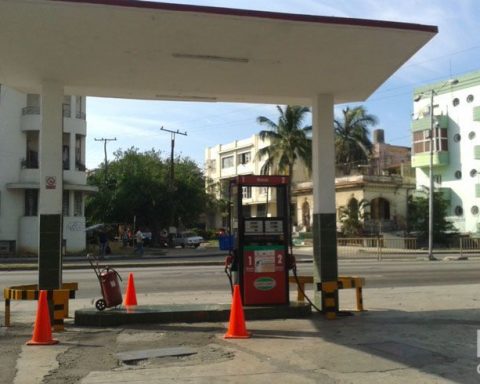Cavalló also stressed that the efficiency and rationalization of subsidies is one of the most urgent issues. And inefficiencies in spending subtract resources from GDP
The Dominican government must be very efficient with public spending and continue with the fiscal consolidation process in order to maintain macroeconomic stability and that this drives medium-term growth in the Dominican economy, said Eduardo Cavallo, principal research economist at Inter-American Development Bank (IDB).
He also stressed that the efficiency and rationalization of subsidies is one of the most urgent issues.
Cavallo explained that in order to face the current moments of uncertainty at the international level, it is necessary to avoid further rises in inflation in the medium and short terms, for which the Central Bank is acting.
But he affirmed that now is a good moment to return to the subject of the pending structural reforms, among them achieving the efficiency of spending and the provision of electrical energy.
“The key is spending efficiency. We have been insisting for some time that Latin America and the Caribbean in general have a problem with the efficiency of spending. If you add up all that are tax exemptions, which have deviations, that is to say that it does not go only to those who need it. If we add all these inefficiencies, the IDB estimates that it is 4.4% of GDP on average for the region, spending is poorly targeted,” he said when answering questions from journalists after his conference at the XXII Latin American Congress on Foreign Trade (CLACE), which was organized by the Association of Multiple Banks of the Dominican Republic (ABA) and the Latin American Federation of Banks (Felaban).
He emphasized that if these redundancies and inefficiencies are eliminated, there is a mass of money that could be redirected to serve these populations that do need it, for which reason he urges to work very carefully on this agenda.
He urged to maintain the strategy of fiscal consolidation and good management of the public debt, prudently without neglecting the current problems.
reduce debt
“The problem is that the debt has increased significantly and justified by all the dynamism that public spending has had to show to attend to the emergencies brought about by the pandemic and this leaves us with higher debt levels than before and we must achieve reduce them and we must be very prudent in the fiscal sphere”, he highlighted.
He added that “miracles cannot be achieved on this front, but it is necessary to direct the situation so that it gets back on track and that the debt enters a trajectory as a proportion of the gross domestic product declining over time.”
